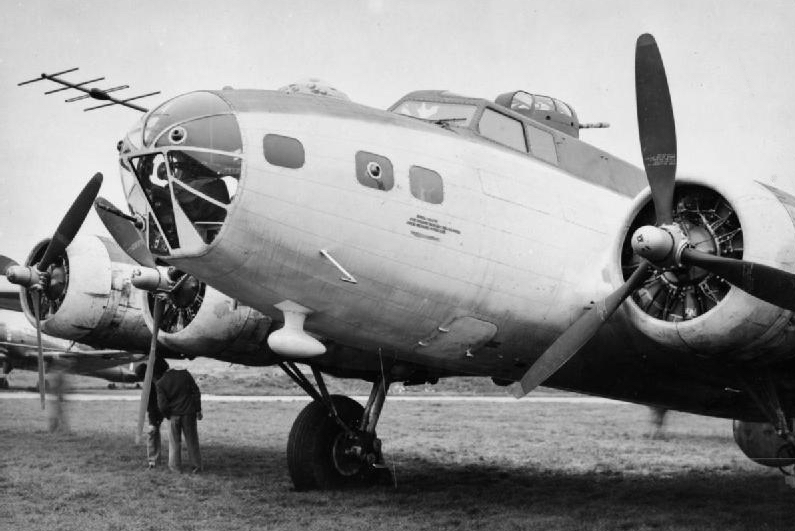
Did Winston Churchill Invent the Term “Wizard War”?
Q: Churchill’s creation?
I’d like to know if you can shed light on Churchill’s use of the word “wizard” for radar scientists and engineers (as in Their Finest Hour, Book 2, Chapter 4 “The Wizard War”)? He first used the term in publication in that book in 1949; is there any indication of his use of the word, to describe what the RAF called “boffins”, during the early days of the war itself?
“Wizard” is of course a grand old Middle English word, and Churchill would have preferred that to the newfangled “boffin.” But I wonder if his known affection for the 1939 movie The Wizard of Oz might have led to his choice of term? I have not seen anyone other than Churchill, prior to 1949, use the term to describe the scientists and engineers who developed British radar. —Dr. Larrie D. Ferreiro
A: Probably not
“Wizard” is bruited about in the literature, but Churchill didn’t often use it. By far his most frequent use applied to David Lloyd George, “the Welsh Wizard.”
I can find no instance of WSC using the word in his published works, except in 1949 as Dr. Ferreiro mentions. However, “Wizard War” was a common expression, at least postwar. Paul Alkon, in Winston Churchill’s Imagination, writes (156):
…such phrases as “Wizard War” and “The Romance of Design” are telling clues to the fact that the possibilities of modern science stirred his vivid imagination no less than his powerful intellect. Imaginative engagement with science was one of Churchill’s fundamental traits.
“Wizard” in the literature
There are only a handful of other occurrences, though amusing….
Young Winston, writing King Edward VII from East Africa in 1908, mentioned “sleeping sickness. It is like an old time wizard’s curse.”
In September 1943, General Maitland “Jumbo” Wilson successfully captured the Greek island of Kos. It earned him a nickname (not necessarily by WSC): “the Wizard of Kos.”
At the death of Roosevelt in April 1945, WSC allegedly mused to his staff that millions loved or hated FDR “as a wizard who gets things done. I’ll be hated. But I’m composed about it. It requires no resignation on my part. I am sure it took none for Franklin.” —From Jack Fishman, My Darling Clementine, 258. (N.B.: the Churchills’ daughter Mary didn’t take much stock in this writer.)
Dr. Ferreiro is right that the famous Judy Garland film and its songs were among his favorites. Martin Gilbert writes that after the 1945 election Churchill held a farewell dinner at Chequers for the American Ambassador, Gil Winant…
…his tenacious ally of the previous four years. Mary Churchill recalled that among the songs they sang was “We’re Off to See the Wizard” which, after much gloom earlier in the evening, had “a cheering effect.”
_____
Note: WSC did keep a kind of personal wizard. See “Frederick Lindemann, Churchill’s Eminence Grise?“






